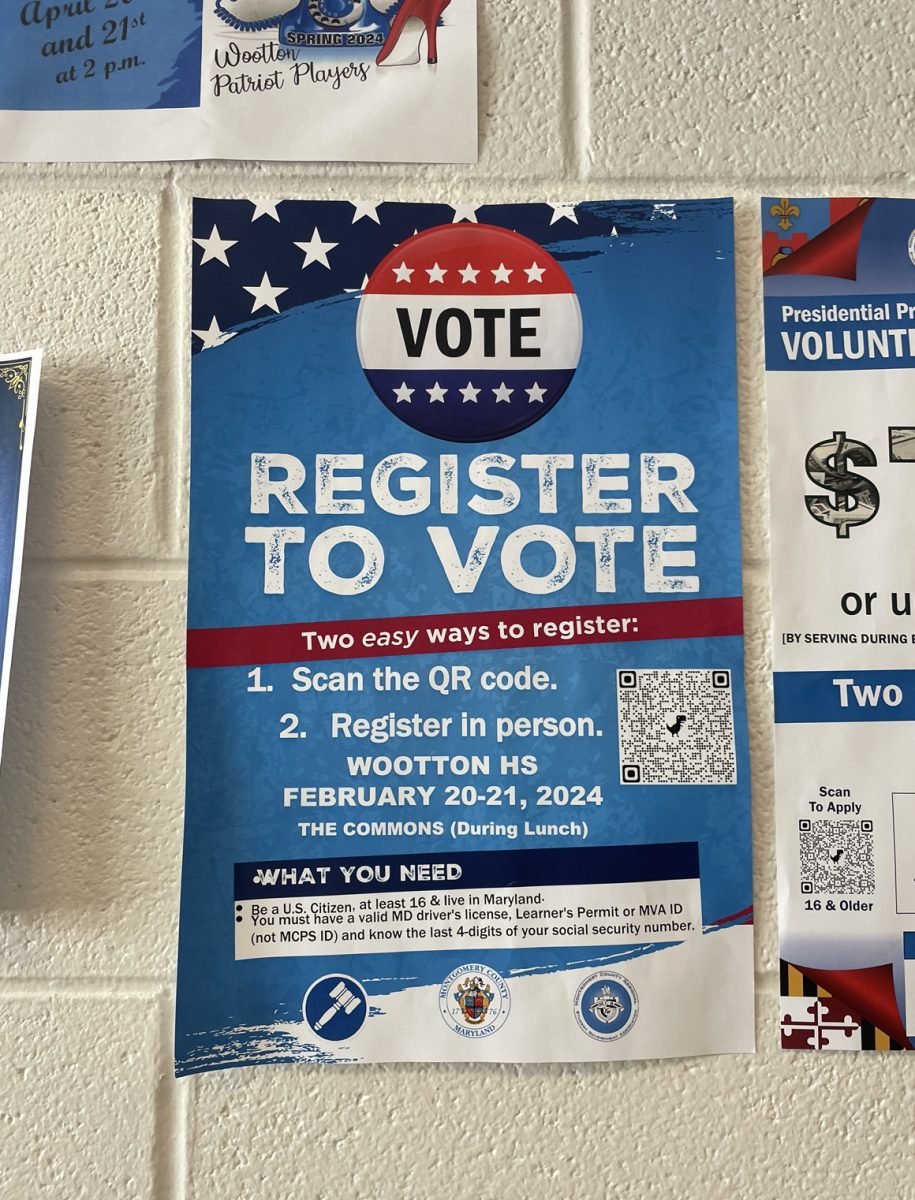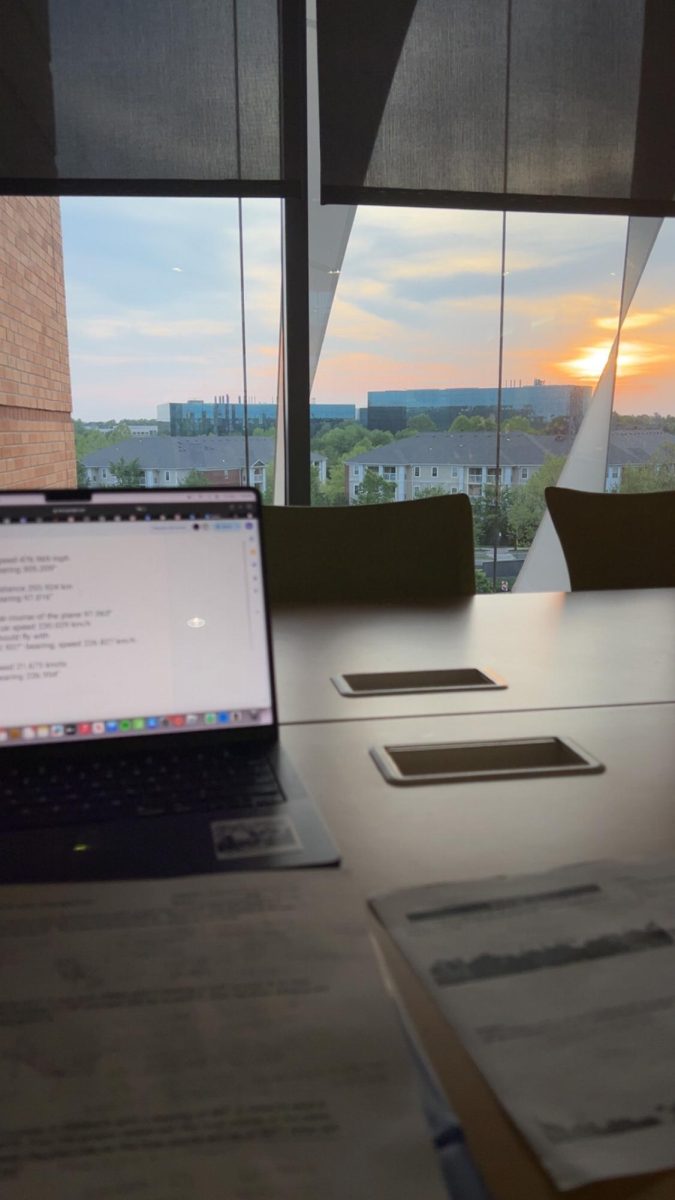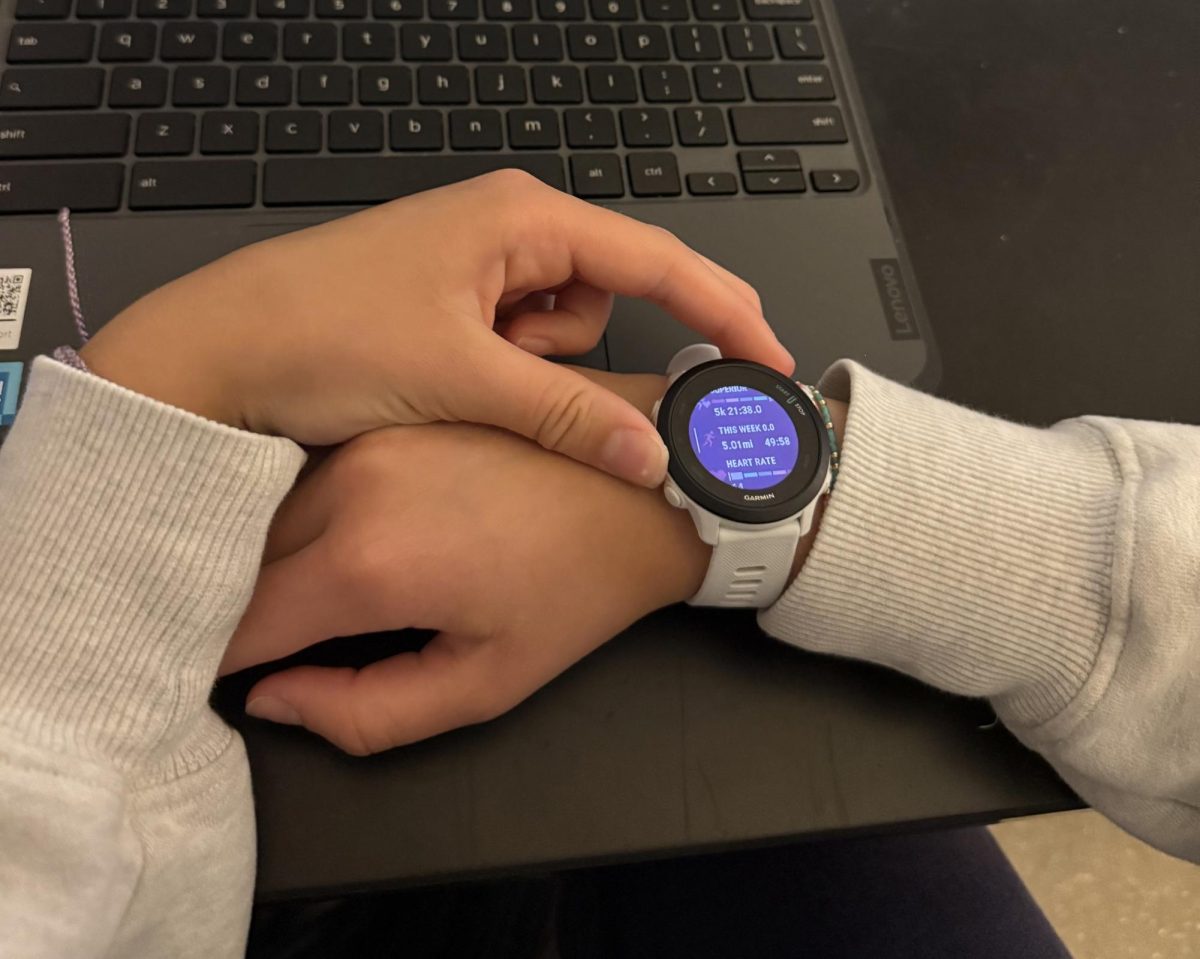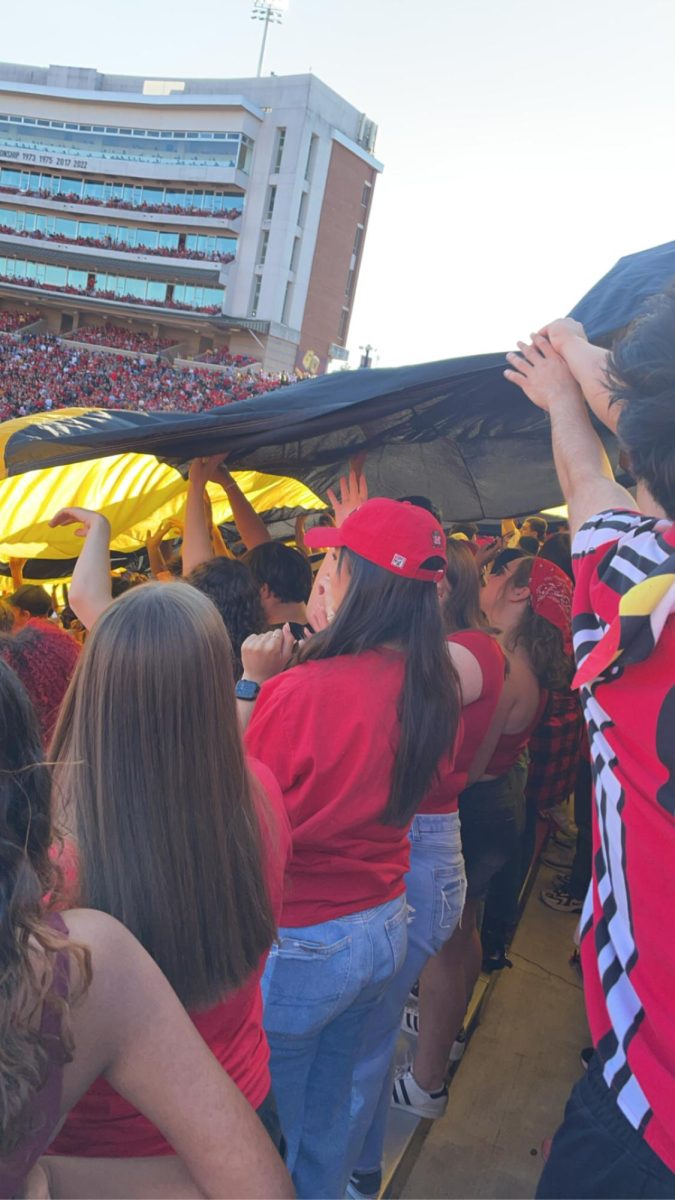Getting a quality public education is unfortunately a major privilege. I have access to a wide selection of advanced classes and programs at my public high school. I’m surrounded by encouragement to be locally involved, with everything from “register to vote” posters hanging up in my classrooms to an information booth opening up occasionally in the Commons. We can also request a mail-in ballot for any reason. By minimizing obstacles for low-income voters working full-time jobs to get their ballots in, this aids historically oppressed groups who haven’t had access to generational wealth.
Why might I urge blue state progressives who are worried about the 2024 election to embrace – or at least keep an eye on – our seemingly red neighbors?
Voter suppression is a rampant issue in many states. A few of the hardest states to vote in are Mississippi, Arkansa, and Texas , according to The Hill. Talking about horrifically gerrymandered communities like we have our tongues out is punching down. Not to mention the role class plays in these conversations. The “trailer park trash” or “hillbilly” stereotypes that are meant to characterize poor or working class white southerners or westerners are partially excuses to make light of lower class people. The problem that they often embody in these jokes is racism or other types of prejudice. If you’re a Democrat – especially an upper class one – no Republican, especially a working class one, is going to engage in meaningful discussions about politics or America if they can sense your cartoonish attitude towards them. Republican voters are often swayed right because they prioritize personal economic policy, which plays into the class aspect. Furthermore, writing off all of the Deep South, Appalachia, and red America as impoverished idiots is untrue and unproductive. If your aim is to have a conversation about addressing bigotry, let’s have a conversation about addressing bigotry. The United States’ government and wealthy businesses have a storied past of creating propaganda to isolate regions of the country through perception. It’s funny to think that when you make a joke at a region or state’s expense, it could have been brainstormed and manufactured by some guy with a fancy title a hundred years ago. Appalachia, specifically, has faced many hate campaigns, like Lyndon B. Johnson’s visit to capture the entire region as jam packed entirely with poor, white families full of neglected children and dirty dwellings in order to publicize his policies, according to PopMatters.
Former President Donald Trump would go on, many decades later, to win many Appalachian states in 2016. The existence of voter suppression and gerrymandering aren’t explanations for how all red states go red. There are Republican voters who genuinely believe in Republican values in these states. In this particular race however, I find one moment particularly worthy of attention. The only entirely mountain Appalachian state, West Virginia, historically has a heavily coal-dependent economy. In my opinion, WV is best known for the labor and workers’ rights movements. During her campaign, former Senator Hillary Clinton publicly announced that she was going to “put a lot of coal miners and coal companies out of business.” Her comment was originally motivated by a desire to end climate change, but she retracted later during a campaign visit to WV saying she simply misspoke. Attempting to score votes with West Virginians after threatening to, in many of their eyes, create chaos and destruction for workers in a place that has faced so much labor strife, was a see-through politicking catastrophe that came off as elitist. Fossil fuels are harmful to the environment. Unfortunately, it’s not like many of those workers have had a choice if they want to put food on the table. Coming from a wealthy area, with incredibly high education rates, putting yourself in those boots can be difficult. That’s not to say that you should necessarily sympathize with a pro-fossil fuel or across-the-aisle viewpoint, but acknowledging that disdain for (suspected or just plain old) elitism plays a role in election outcomes, is a step towards understanding other parts of America. You can’t study voting patterns without studying voters, poli-sci majors.
No county is perfect – and MoCo has made its fair share of mistakes – but sometimes we have to look at things on a comparative scale. I’ve been to operating budget recommendation hearings at the central office, watching other students give testimony on items like removing costs for AP/IB tests, mental health awareness and literacy resources. I have a lot of educational privileges. If you identify with the terms “antiracist” or “ally,” I’ll hazard a guess in saying that you believe in using your privilege to help others. I think that the relationship that we should have going forward is that of an ally.
The Deep South is not straightforwardly the unrelenting, undiverse hub for ignorance that we see in the news. In 2022, it was reported that 56% of America’s Black citizens live in the south (including Texas and Maryland). California, Texas, and Florida hold about half of our Latino population as well, according to The Pew Research Center. Atlanta’s population is 4.6% LGBTQ-identifying. The highest percentage of LGBT people in a city live in the San Francisco metropolitan area with 6.7%, according to The Williams Institute at UCLA.
Ironically, I have entering progressive and political spaces in my culturally northern community to thank for making me see what red states have. I’m incredibly grateful for the opportunities, contacts, and memories I’ve had as a student advocate. This doesn’t mean I’ve grown up without growing pains for this space. I particularly am aware of “advocate” as the chosen moniker for most civically engaged students here. In states like Florida or Texas, signed and stamped attacks fly off of governors’ desks. They have to act. They are activists. “Advocate” has a more professional connotation, which I feel heavily when I take part in conversation forums or networking workshops provided by local organizations. Sometimes just having a conversation can be excellent preventative work, but it’s prudent to be thoughtful about goals and intentions. When it comes to civic engagement, exclusivity or competition thrives in idleness like mold in a humidity. Although there is room for improvement everywhere, we don’t face the same doomsday policy as rampantly. Extremist anti- LGBTQ+, reproductive rights, racial/ethnic diversity, etc. legislation that are tangible threats to entire states in recent years change how community engagement and just plain community looks and feels.
As the 2024 election approaches, the American left finds itself at a crossroads. I urge coastal progressives from Maryland to Maine to pay close attention to the action coming out of the Deep South and Midwest right now. The solution lies in a united front, allyship and education. We must feel an American pride that grows where a hunger to heal and change our country collides with a love and a motivation to stay and put the work in.








